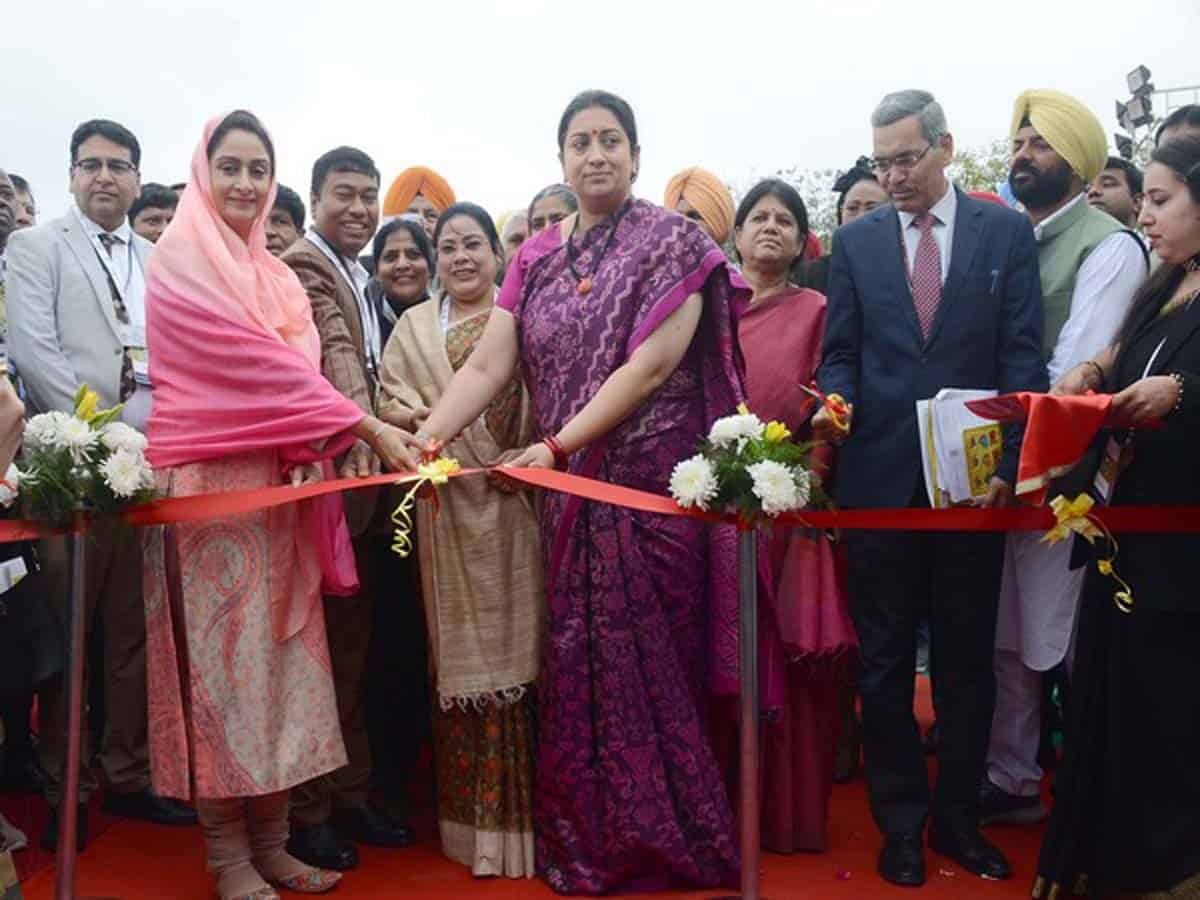New Delhi: The organic food festival would provide an opportunity to women entrepreneurs for capacity building and economic empowerment, said Union Minister for Food Processing Industries Harsimrat Kaur Badal here on Friday.
Inaugurating the 3-day long festival, Badal highlighted the need for providing such platforms on regular basis for financial inclusion and empowerment of women and said that the government is planning to hold organic food festivals more frequently and in different parts of the country depending on unique organic products of a particular region.
The organic food festival for women entrepreneurs is an outcome of the MoU, which aims at building capacities of women entrepreneurs, signed between the Ministry of Food Processing Industries (MoFPI) and Ministry of Women and Child Development (WCD).
Badal said India has huge potential for organic produce and market. She added that most of the hilly areas and tribal areas in India are naturally organic. She said that while other parts of the world are making special efforts to turn towards organic production, India has natural advantages, which must be leveraged.
Irani said that the Ministry of Food Processing Industries can through the organic food festival engage with technology groups so that the latest technology can be made available to women entrepreneurs.
Spread over an area of 6,000-sqms of space, this is the first such event where 180 plus women entrepreneurs and self-help groups are participating from over 25 States and Union Territories with very interesting products on display from across the country.
Training and capacity building of women entrepreneurs and SHGs is another key focus area and training on post-harvest management, product innovation, packaging and certification processes are being organized over the three days.
According to a report by APEDA, India produced around 1.70 million MT (2017-18) of certified organic products which include all varieties of food products, namely, oilseeds, sugar cane, cereals and millets, cotton, pulses, medicinal plants, tea, fruits, spices, dry fruits, vegetables, coffee, etc.

